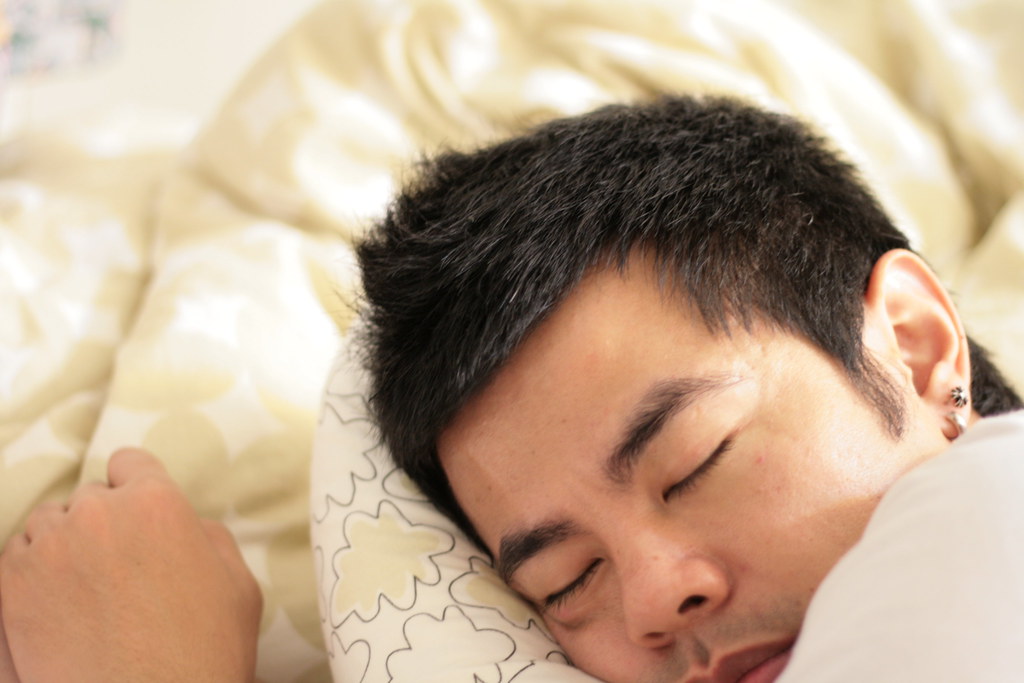Why Hot Nights Disrupt Your Rest
When the weather turns hot and sticky, a good night’s sleep can feel impossible. Research shows that the ideal sleep environment falls between 60°F and 68°F with moderate humidity. But as global temperatures rise, reaching those conditions at night is becoming harder. Without cooler air, your body struggles to lower its core temperature—a critical step in falling asleep and staying asleep.
The Hidden Cost of Sleepless Nights
Sleep is more than just comfort—it’s a cornerstone of health. Night after night of overheated, restless sleep can increase risks of:
- Anxiety and mood swings
- Diabetes and heart disease
- Shortened life expectancy
Over time, missing out on deep, restorative rest takes a toll not only on your body but also on your daily performance and focus.
Why Heat Makes It Hard to Sleep
Your body’s circadian rhythm depends on cooling down in the evening. Heat disrupts this process by slowing melatonin release and throwing off your body clock. Instead of sinking into deep REM cycles, you’re left tossing, turning, and waking frequently. The result? You start the day groggy, irritable, and drained.
Smart Ways to Stay Cool at Night
Here are some expert-approved strategies for creating a cooler, sleep-friendly environment:
- Block sunlight during the day. Keep blinds or curtains closed to stop heat from building up indoors. Darkness also naturally signals rest.
- Boost airflow. Cross-ventilation with open windows and fans helps pull in cooler night air.
- Cool your bed. Choose lightweight cotton sheets, freeze pillowcases, or try cooling mattress pads.
- Lower your body temperature. A quick cold shower before bed—or even a damp towel on your forehead—can work wonders.
- Stay hydrated. Drink water before bed and keep a glass nearby to prevent wakeups from thirst.
When Fans Help—and When They Don’t
Fans often create soothing white noise and improve circulation, but they’re not always ideal. In extremely hot, dry air, fans may actually raise body temperature. They work best when there’s enough humidity to balance the heat.
Extra Tricks for Cooler Sleep
- Choose the right mattress. Foam tends to trap heat, while innerspring or hybrid options sleep cooler.
- Sleep solo if possible. Sharing a bed means double the body heat—sometimes the simplest fix is extra space.
Restful Sleep Is Still Possible
Hot nights don’t have to rob you of rest. With the right adjustments—from blocking daytime heat to cooling your body before bed—you can reclaim comfort and finally enjoy refreshing, restorative sleep, even in the middle of summer.














Leave a comment